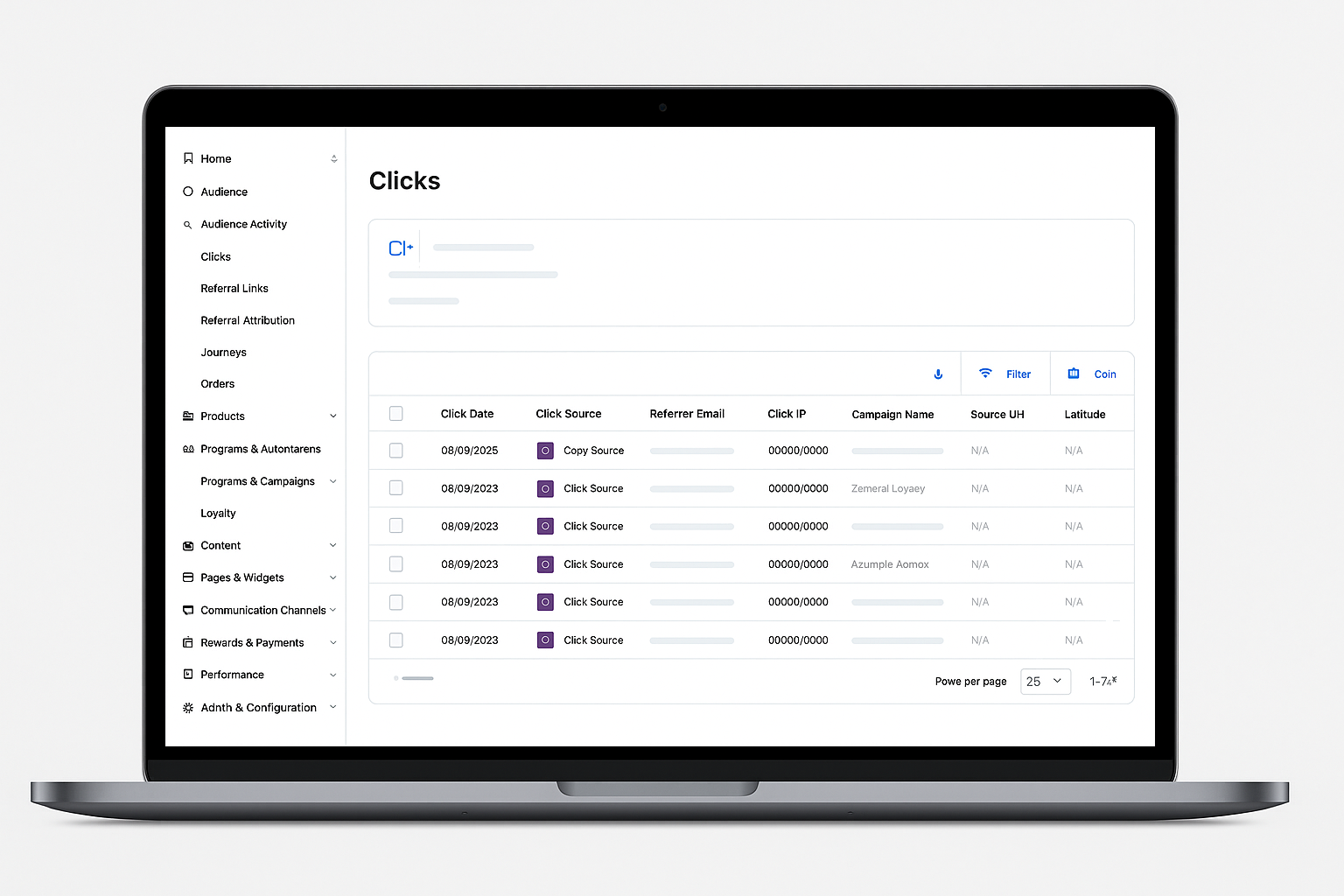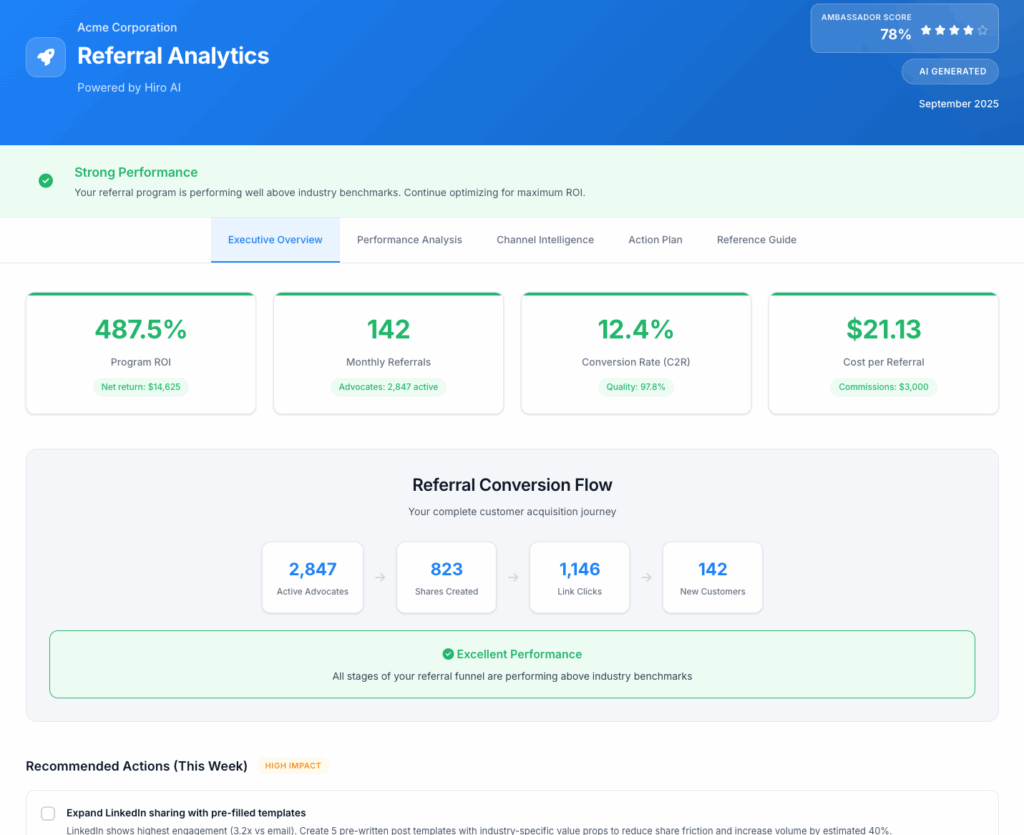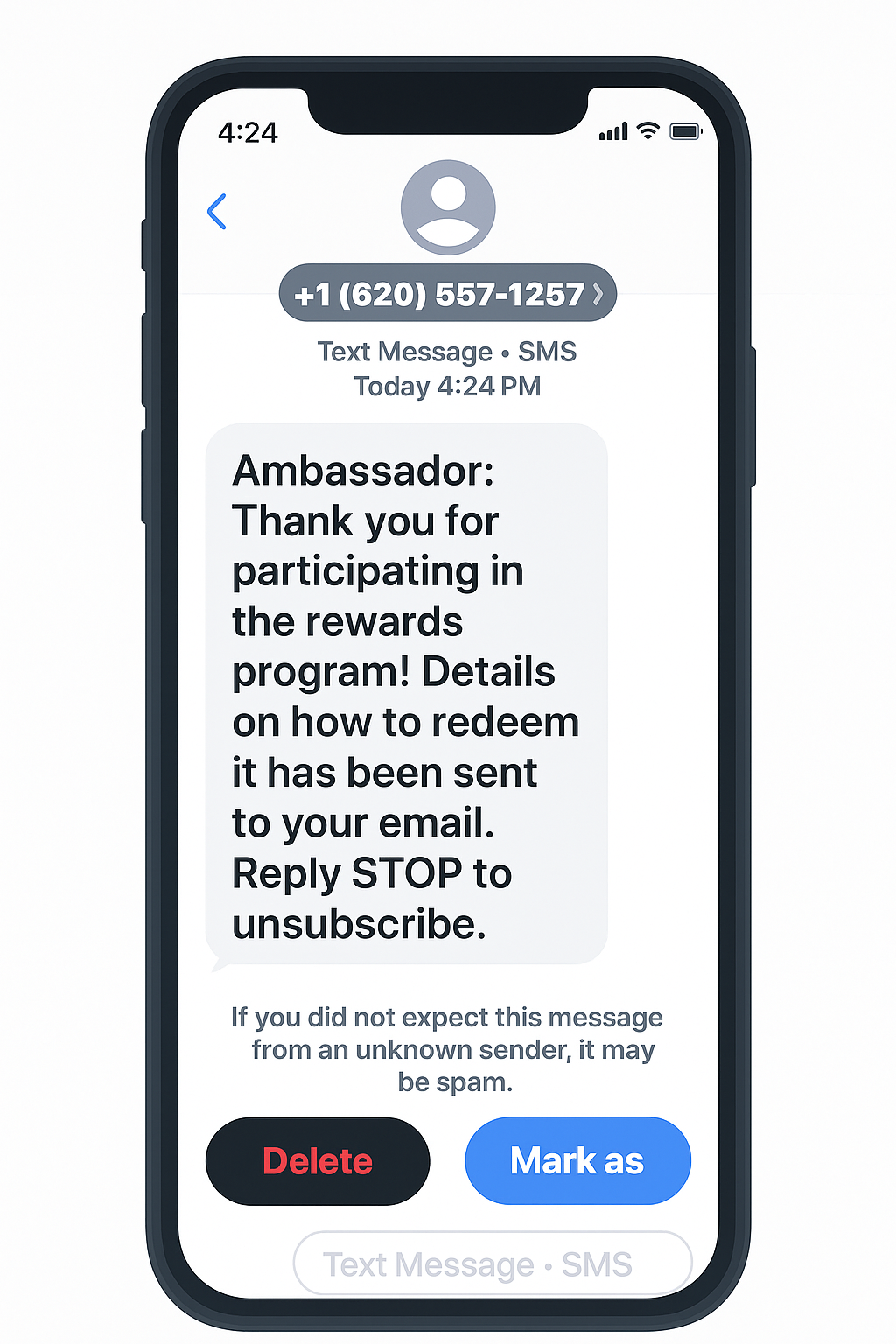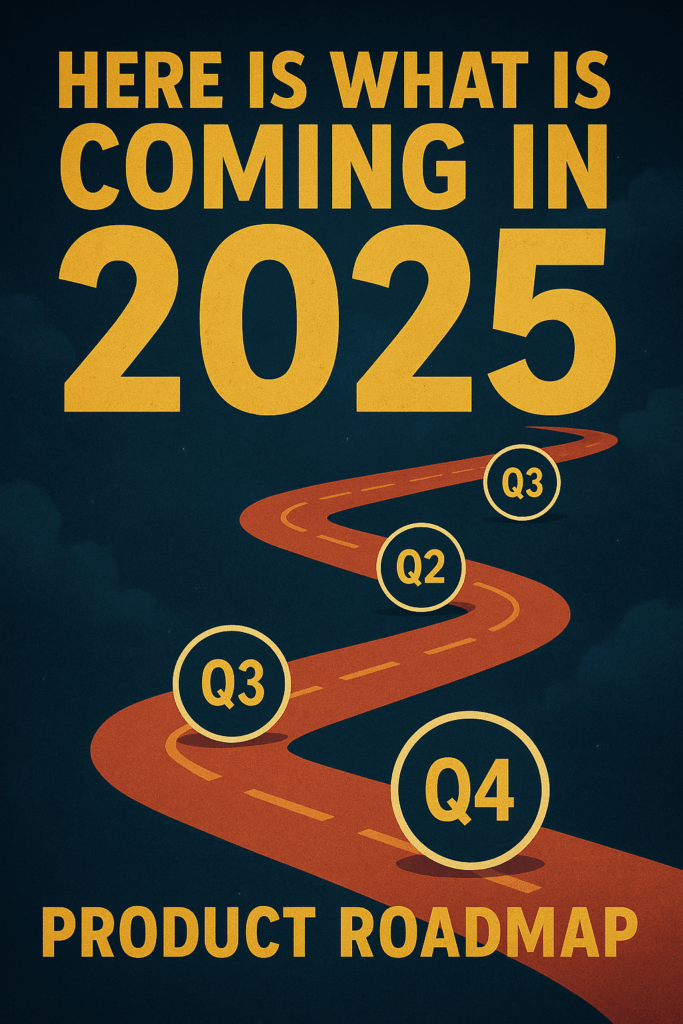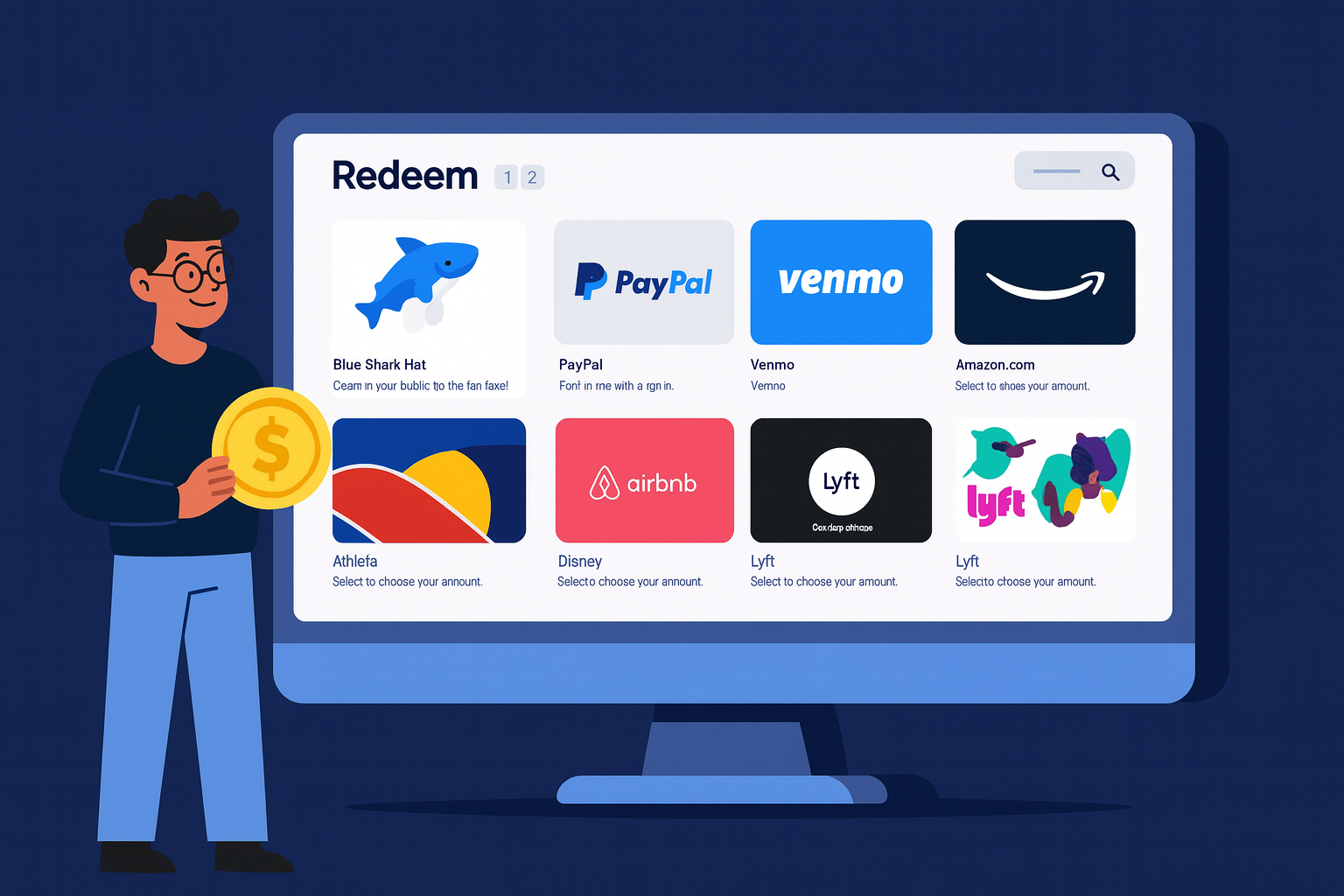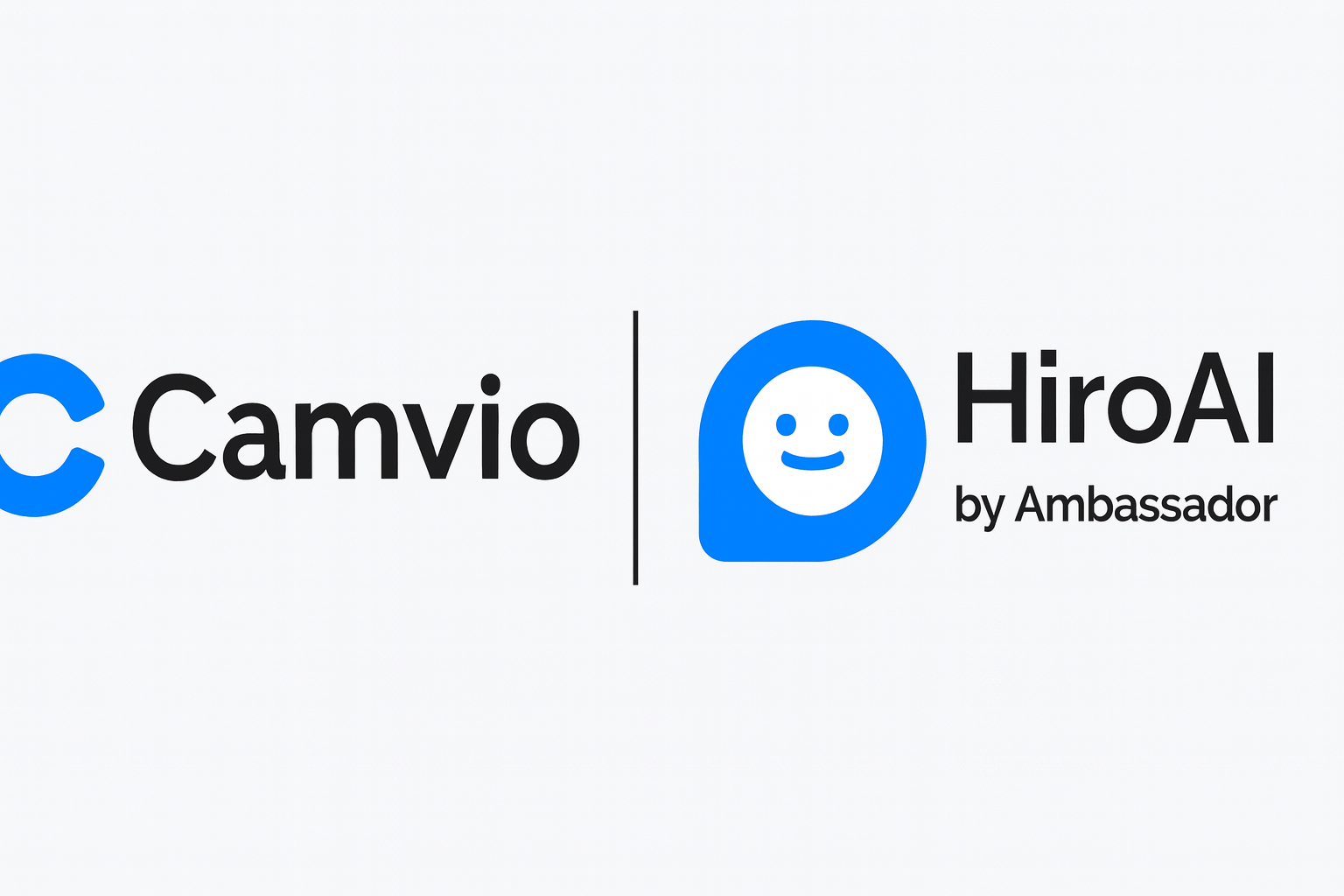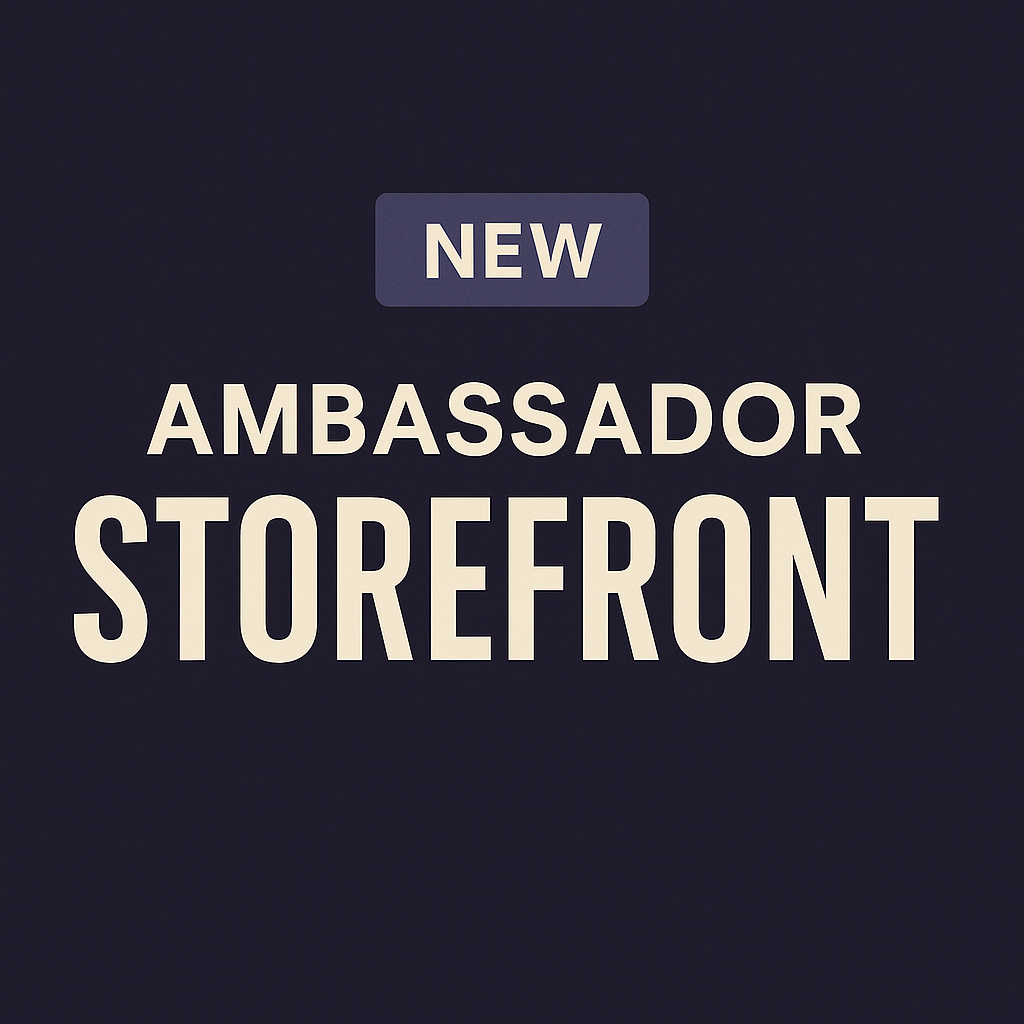Overview
The only platform built for full-funnel engagement. From referral to retention, Ambassador helps brands grow through programs that activate, automate, and scale customer relationships.
Solutions
Launch referral, affiliate, and loyalty initiatives with built-in workflows and automation.
Create personalized, goal-oriented journeys across acquisition, retention, and advocacy.
Deliver timely, personalized messages —natively integrated and intelligently automated.
Your AI engine for smarter engagement, feedback, and growth.
Trigger personalized gift cards, loyalty perks, and payouts—seamlessly delivered through customizable reward flows.
Capture clicks, actions, and milestones across every channel and turn them into moments that drive measurable outcomes.
Vaults, ledgers, and audit-ready systems ensure every engagement is secure, trackable, and aligned to business goals.
Channels
Coordinate every message—across email, SMS, WhatsApp, and more—so your channels work as one system, not siloed tools.


